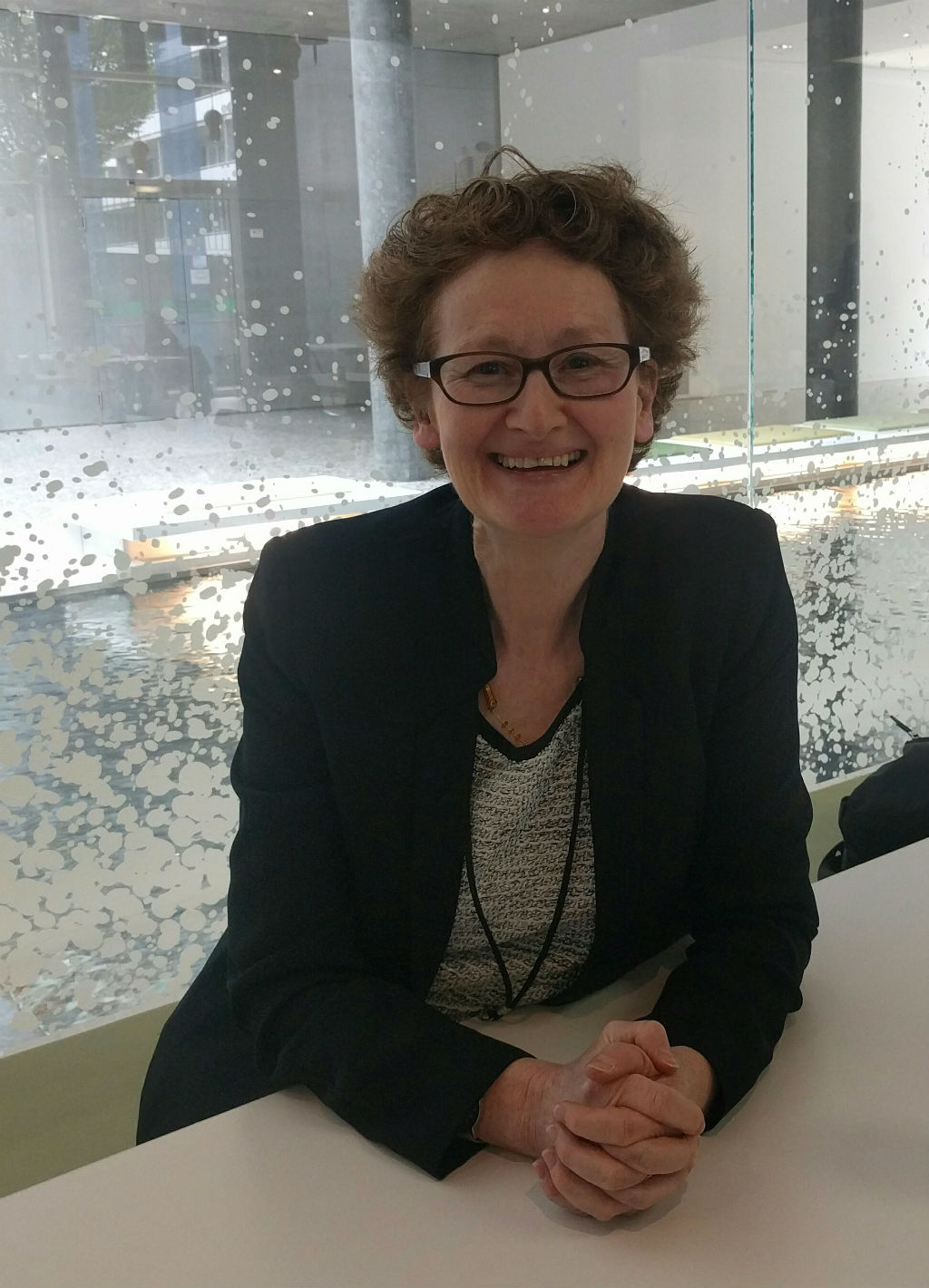CHAIR: Thank you very much for sharing us your view. EIFL. net has the floor.
>> Thank you, Chair. EIFL aligns itself to the statement of Delegation of IFLA and we welcome the propose of a kroiPt related to the digital environments ha puts center stage creators and users. We support the idea of a big picture practical analysis of how copyright is or is not serving both groups. Issues of particular interest to my group in the proposal include the management of copyright, limitations and exceptions in the digital environment, enforcement mechanisms digital, exhaustion, licenses, territoriality and the interpretation of the three-step test. So there are many issues in the proposal that touch very much upon the work of libraries. Analysis of the digital ecosystem would be very enlightening and helpful addition to the work of the committee and we thank GRULAC for the initiative. Thank you.
>> CHAIR: Thank you very much for your brief but consistent upon. FIM has the floor.
>> FIM: Thank you, Mr. Chairman. First we would like to express our appreciation to GRULAC for this proposal and also to all those Distinguished Delegates who supported or show the interest towards the proposal. The International Federation of musics representing much significances worldwide welcomes the GRULAC proposal. Probably one of the most important initiatives in the SCCR in recent years. Indeed more and more performers around the world express their concern about the inadequacy of the level of protection in the digital environment and also about the unsustainibility of business models built on this inadequate protection. It is true that attention between the level of formal statutory protection and performers also gain from from it is been a form of apprehension. Very bluntly never the amount of music consumed and the reward its creators receive for it was perhaps for disproportionate than today. But lack moves to explore this with an Open Mind and as Distinguished Delegate of Bahamas stated so clearly it is submitted without judging any possible outcomes.Topics offered for discussion team to fit very well in to the scope of activities in the SCCR and even topic related to the business environment of digital services adds useful adapt to back and ground to which the conduct and motivations of the various stakeholders can be better understood. Weave note that this is initial iich comes from a group of countries immensely rich music culture and we believe that the genuine concern expressed in their proposal should be recognized and honored with meaning discussion at this knit committee. Fully supports that proposal GRULAC be put on the agenda of the SCCR. Thank you for your attention.
>> CHAIR: Thank you very much for your clear position. KEI has the floor.
>> KEI: I certainly was impressed with the last intervention. We think that the GRULAC paper is an important one that call attention to the frustrations faced by performers and authors as well as to audiences. Too often WIPO foe kiss on protecting publishers graud broadcasters and distribute or own the work but not enough attention to those who create the works. This paper as well as the artist resell right are important efforts to look at how the copyright system works for creative parties. One suggestion would be to have a study to determine looking at some of the data that was presented in the grau look paper and some questions that people have raised about it. Look at distribution of revenue of services that stream music from and to countries and between platforms labels and artist. Also to examine the factors which determine the distribution of revenues between platforms labels and artists and to identify the policy measures that increase the share of revenues that would go to the artists. It may also be appropriate to propose best practices as regard transparentsy of licensing and business practices. We were also keen to have broader discussions on the — on the possible role of remuneration rights as possible mechanisms provided for more equitable distribution of revenues. We are pleased that the paper recognize the importance of the public audience and having access to cultural works in terms that are reasonable and lawful. We have come to learn that the effectivy m sures to reduce pry ratesy are the legal offers, the SCCR could devote time in a meeting to discussion the experiences best practices and challenges of creating mechanisms of remuneration rights that could provide for more equitable distribution of revenues and more freedom to innovate in terms of services. Thank you.